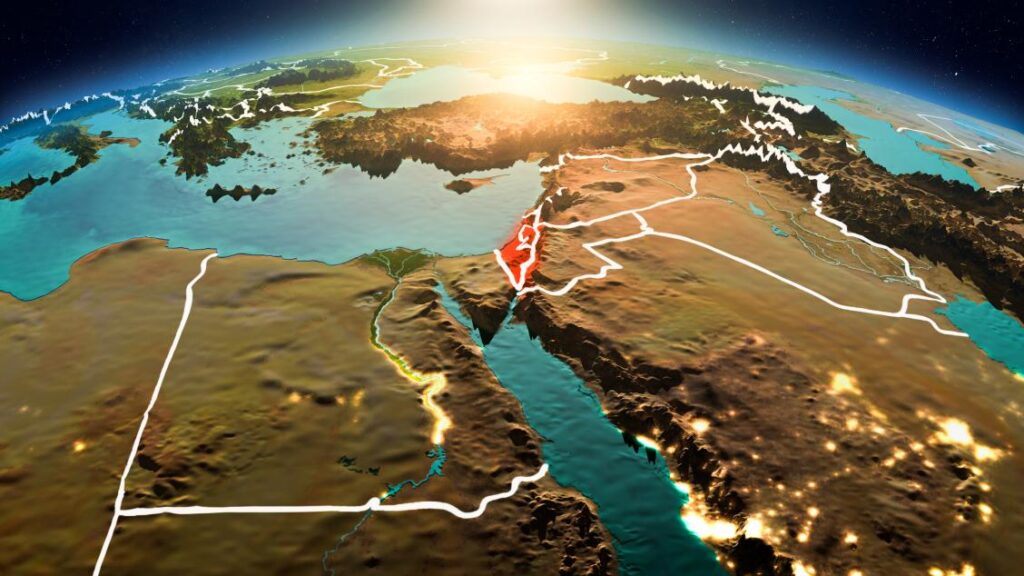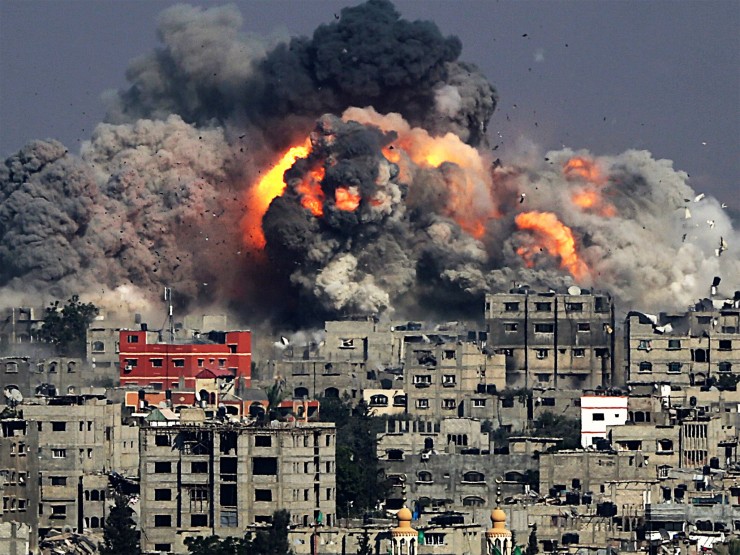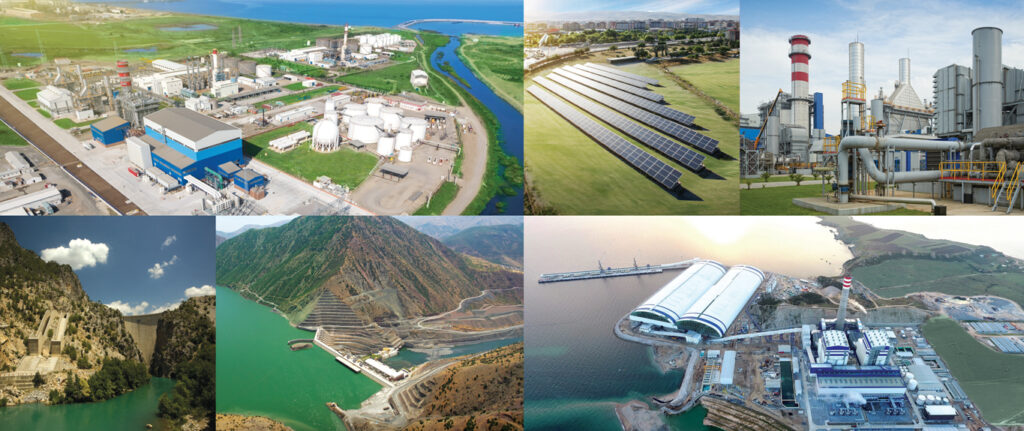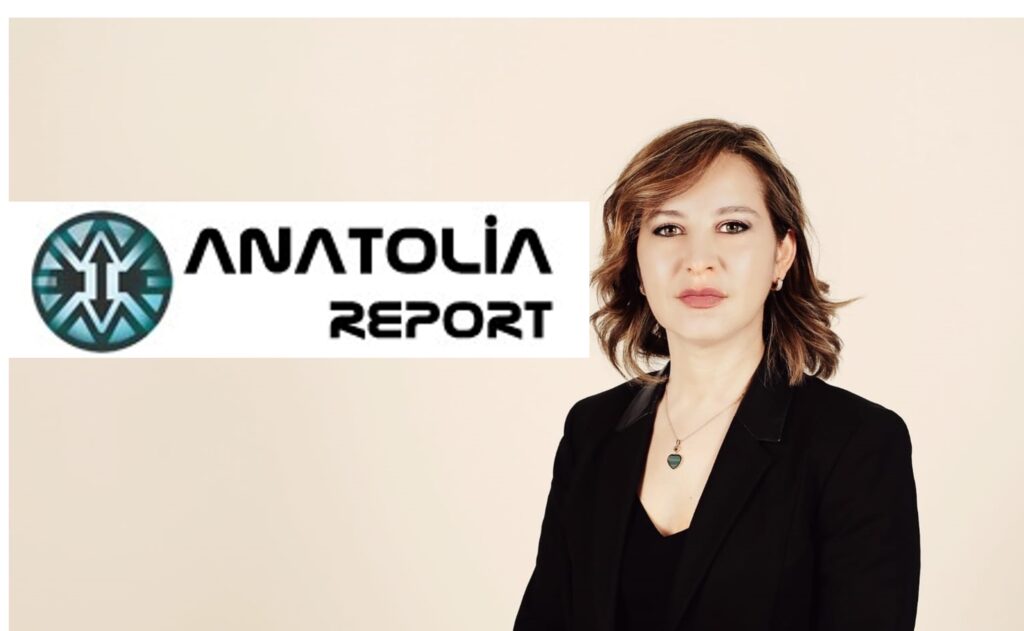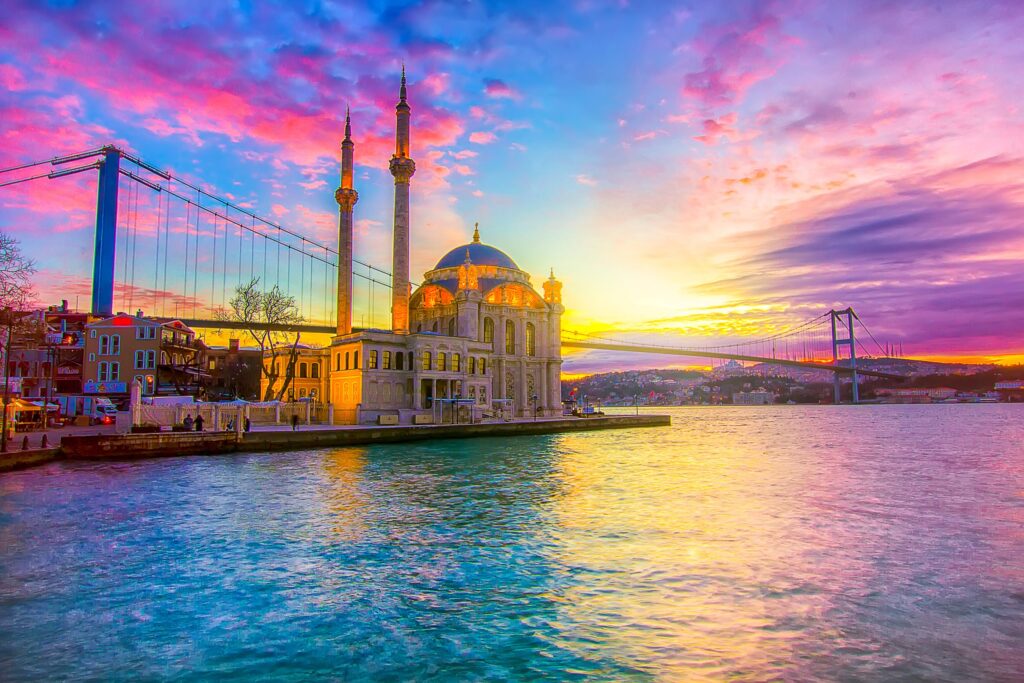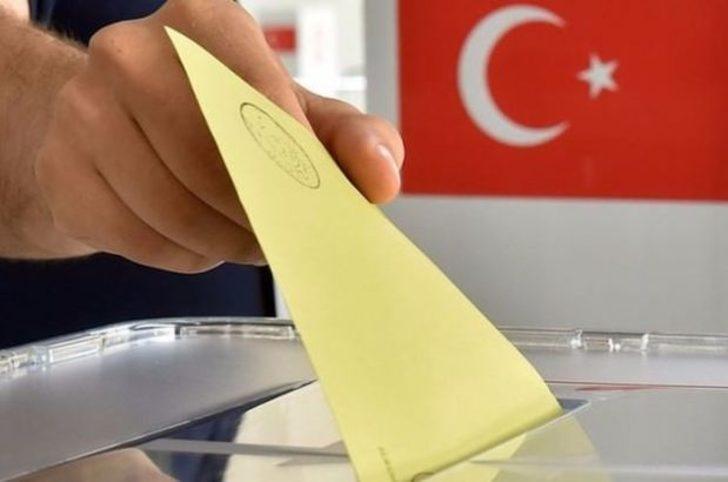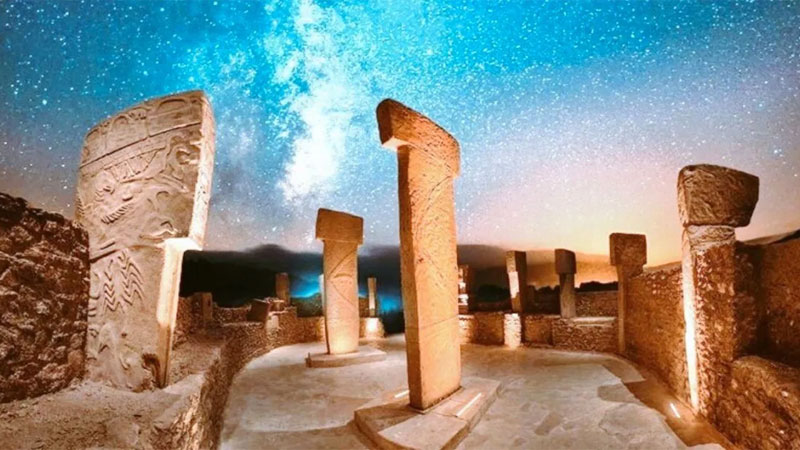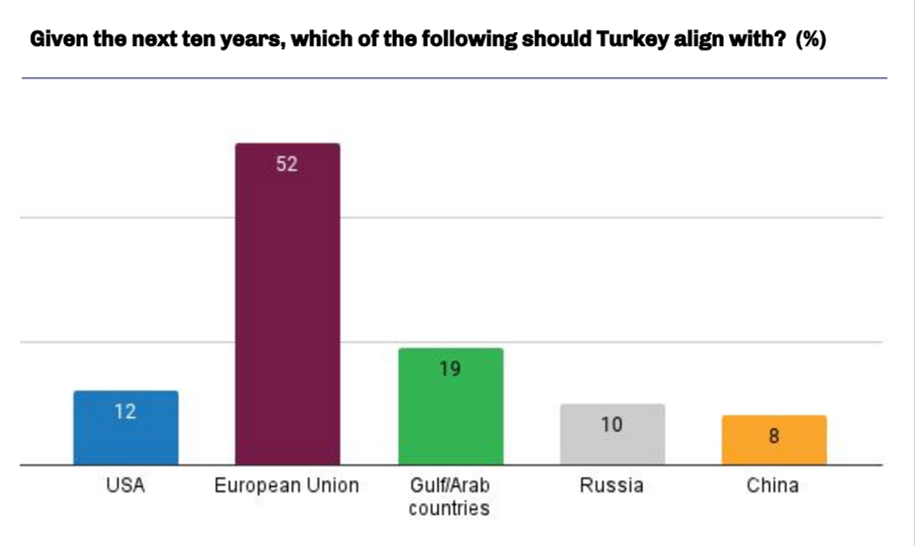Editor’s Note : Turkiye-Russia Strategic Alliance Towards a New World Governance
Editor’s Note : Turkiye-Russia Strategic Alliance Towards a New World Governance
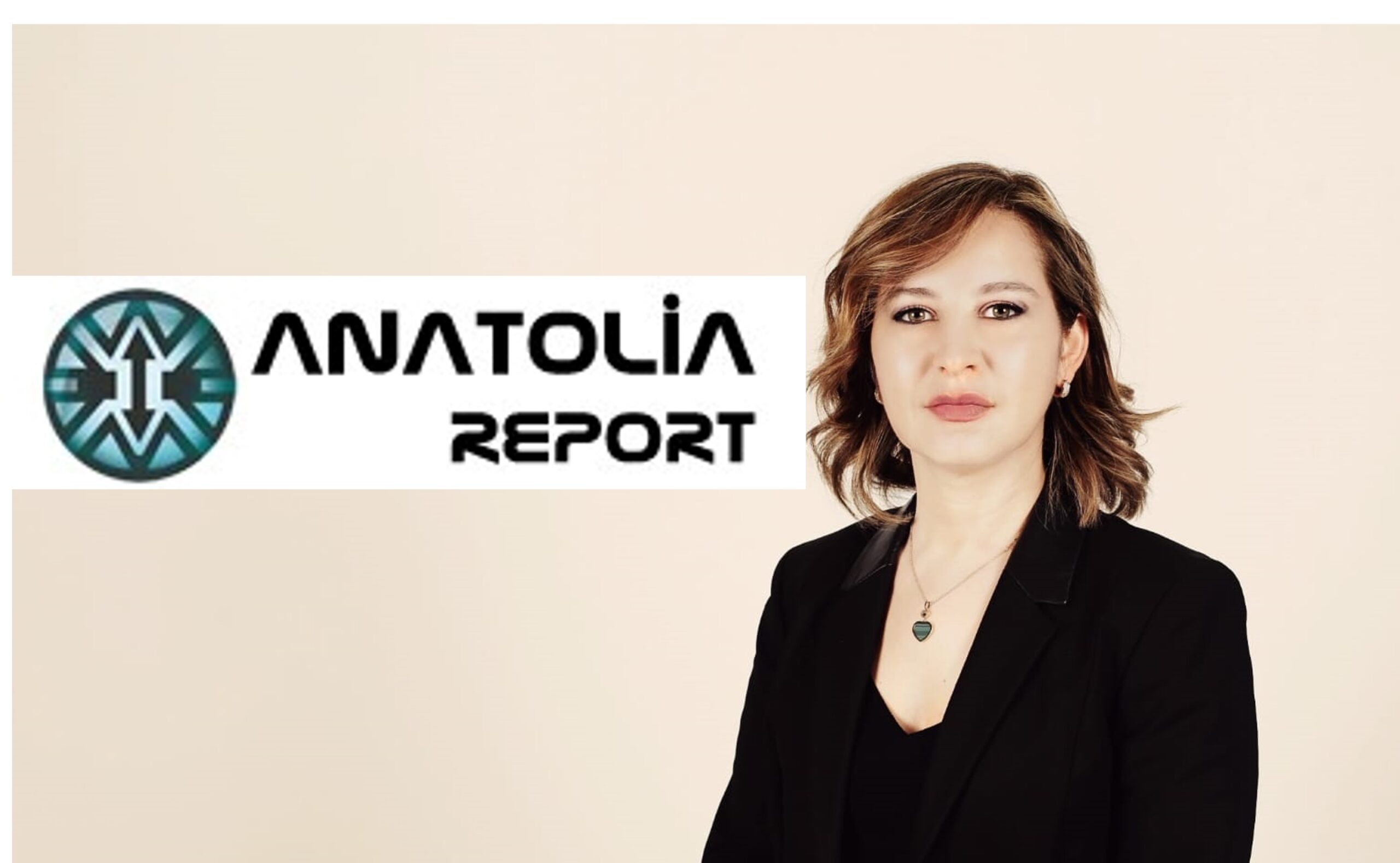
By N.Selin SENOCAK
ANATOLIA REPORT
September 2022
Undoubtedly, one of the most famous Turkish historical monuments is a commemorative sculpture group to honor the foundation of Republic of Turkiye in 1923. The monument is located in Taksim Square, known as the beating heart of Istanbul. In today’s Istanbul, celebrations, protests, official ceremonies, and many other activities take place in Taksim Square.
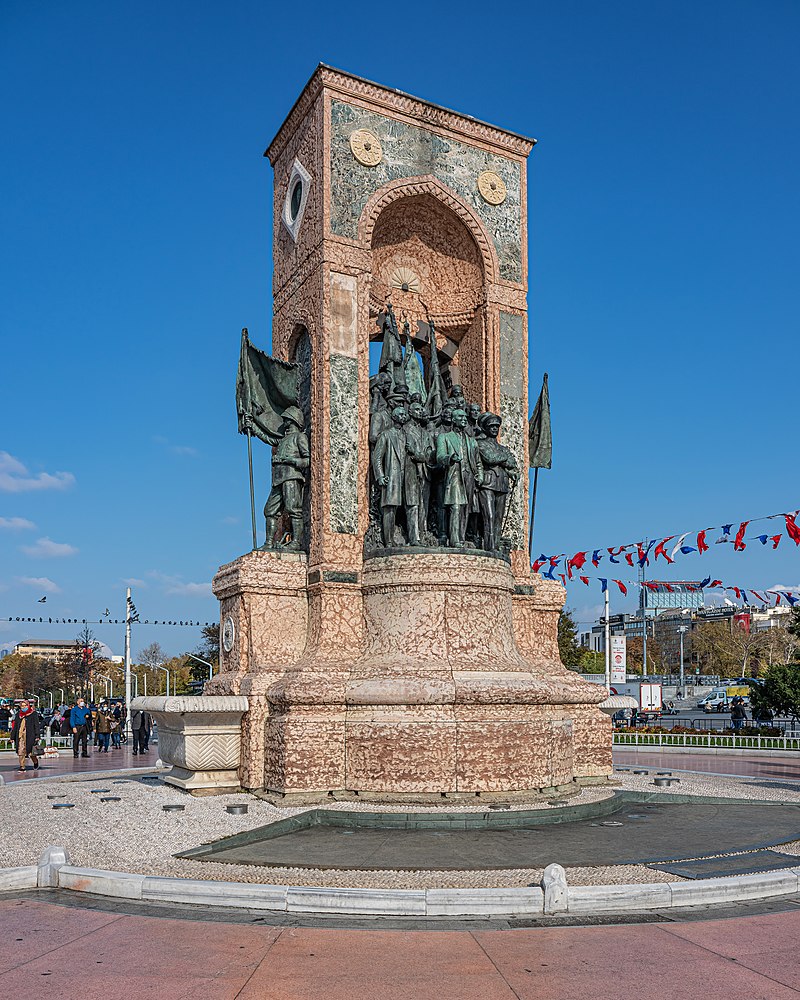
The monument was erected in 1928 and portrays the founders of the Republic of Turkiye as well as the other characters that symbolize the Turkish nation and the military aid of the Soviet Union during the Turkish War of Independence between 1919 and 1923. Mikhail Frunze and Kliment Voroshilov who were important generals of the Soviet Union in the 1920s are depicted behind Mustafa Kemal Atatürk, the founder of the Turkish Republic. Their presence represents the military aid given by the Soviet Union during the Turkish War of Independence, which pitted the Turkish nation against the European imperialist powers.
Symbolically, it is a very significant monument which emphasizes the interependece of these two nations regarding matters of national security and ensuring the safety of their countries when faced against Western imperialist ambition. The Cold War period and Turkiye’s pro-Western policy changed this paradigm, with both nations finding themselves on opposing sides for decades.
Since 2009 Turkish-Russian relations have transformed into deep strategic development. Discontent with the West has been the major driving force behind these rapidly improving ties. In fact, one could argue that it was anti-Westernism that created Turkiye’s geopolitical balancing policy between Russia and the West, coupled with the understanding that a multipolar global order was in the making. The close relationship with Russia has led to further rifts between Turkiye and the West. Despite intense pressure from the US, Turkiye has integrated the Russian S-400 air defense system into its military.
It is in this context that Turkish President Recep Tayyip Erdogan and his counterpart Vladimir Putin had a one-on-one meeting on August 5th, 2022.
The two leaders lastly met in Tehran on July 19th on the sidelines of the Astana Process. The Sochi meeting comes only 17 days after. The ongoing Russian war with Ukraine, the implementation of the grain deal, the developments in Syria amidst Ankara’s preparations for a new military operation and all the aspects of the bilateral economic, trade and energy relations between the two nations were on the agenda in Sochi.
Putin and Erdogan agreed to start moving to partial payment in rubles for deliveries of natural gas at talks in Sochi. Russia has also provided much needed foreign-exchange liquidity to Turkiye by transferring billions of dollars to a Turkiye-based subsidiary of Rosatom for the completion of a nuclear power plant’s construction on the Mediterranean coast.
The Ukraine war has also injected a whole set of new dynamics into the Turkiye-Russia-West triangle. Ankara’s geopolitical balancing policy is now entering difficult terrain, if not becoming unpredictable, as NATO and the West treat Russia explicitly as an enemy. The cost of such a policy is likely to increase. But even if balancing became unfeasible, Ankara would still strive to maintain some form of strong bilateral relationship with Moscow.
Meanwhile Foreign Minister Mevlut Cavusoglu stated that several Western countries “want the war to continue,” adding that it is not only the US, but also a handful of NATO members. A number of Western nations have no desire to see an end to the Ukraine conflict and are also taking steps to derail an UN- and Turkiye-brokered grain deal signed by Moscow and Kiev.
Peaceful Settlement Effort with Syria
The Russian Federation is attempting to reconcile Ankara and Damascus in order to establish peace in the region, with the ultimate goal of expelling western supported terrorist groups that have been devasting the area. The success of this reconciliation will also make it possible to draw aside the Western forces which have destabilized the region and cease the ongoing humanitarian and security crisis.
President Erdogan is at a low point in terms of his popularity in internal politics and according to the polls his place as President of the Republic risks escaping him in the upcoming elections. Turkish opposition parties have filed criminal complaints after exiled and convicted mafia boss Sedat Peker posted new claims about the existence of a corruption network and organized crime involving senior members of President Recep Tayyip Erdogan’s ruling Justice and Development Party (AKP), President Erdogan‘s advisors, senior bureaucrats, businesspeople and journalists.
President Erdogan’s only way out will be to improve foreign diplomatic relations as to ease internal tensions. As such, a step towards peace with Damascus makes sense for President Erdogan. Domestically, his rivals in the upcoming June 2023 elections advocate repatriating large numbers of Turkey’s increasingly unpopular 4 million Syrian refugees. Normalising ties with Assad serves as a means to outmaneuver his opponents and opens the possibility of leading the drive to send the refugees home by himself. Internationally, Erdogan has recently improved diplomatic ties with numerous nations, like Israel, Saudi Arabia and the UAE. Restoring ties with Syria would seem as a logical next step in Erdogan’s regional pivot.
European Nightmare in the Black Sea
The situation is getting worse in other European countries as well. This clearly shows that Europe’s positioning and sanctions with these multiple provocations against Russia has backfired.
The partial shutoff of gas deliveries is already affecting European growth, and a full shutdown could be substantially more severe.
The statements of European politicians are becoming more and more greedy, irresponsible and aberrant in the face of their weakness against Russia. They lack common sense in the face of the distress of the European people who suffer from the war in Ukraine as much as the Ukrainians and the Russians. The German FM is a concrete exemple of such behaviour. Even Brussels now admits Europe is suffering an energy, food and financial crisis. All self-inflicted by ludicrous fiscal, monetary, energy and geopolitical policy decisions. French President Macron proclaims the end of abundance, cites sacrifices to defend freedom.
For the Atlanticist European leaders, weakening Russia to maintain U.S. dominance over the world is more important than providing their people with affordable electricity in the wintertime. The time is rapidly approaching where they have to choose whether to continue supporting Ukraine and Russian sanctions or support the people of their own nations as the cost-of-living crisis engulfs their nations.
According to Tulsi Gabbard, US Former representative and 2020 presidential candidate “Biden is exploiting the conflict in Ukraine to expand NATO and enrich defense contractors” . Gabbard argued that the conflict there has “never been about morality. It’s not about the people of Ukraine or ‘protecting democracy’,” she declared. “This is about regime change in Russia and exploiting this war to strengthen NATO and feed the military-industrial complex.”
The despicable statement of US Colonel Richard H. Black has confirmed Gabbard arguments: “We’re shipping fantastic quantities of weapons to Ukraine. The US and NATO don’t care how many Ukrainians die, as long as they (US and NATO) win.”
The US regime continues to show its neocolonialist practices, ordering and threatening sovereign African nations not to trade with Russia. The US has depended on strict adherence to the utilisation of U.S dollar in international trade. Nations who refused saw regime change, sanctions, wars and economic implosion. Now the world is increasingly dedollarising and US threats are no longer working.
US hegemony and the US global influence and domination is gradually declining.
The alliance and the strategic interactions which define the current relation between Russia and Turkiye are a sign of reorientation of the world governance. The sun will now rebegin to rise from the East and as such the West must now set a new course accordingly.


